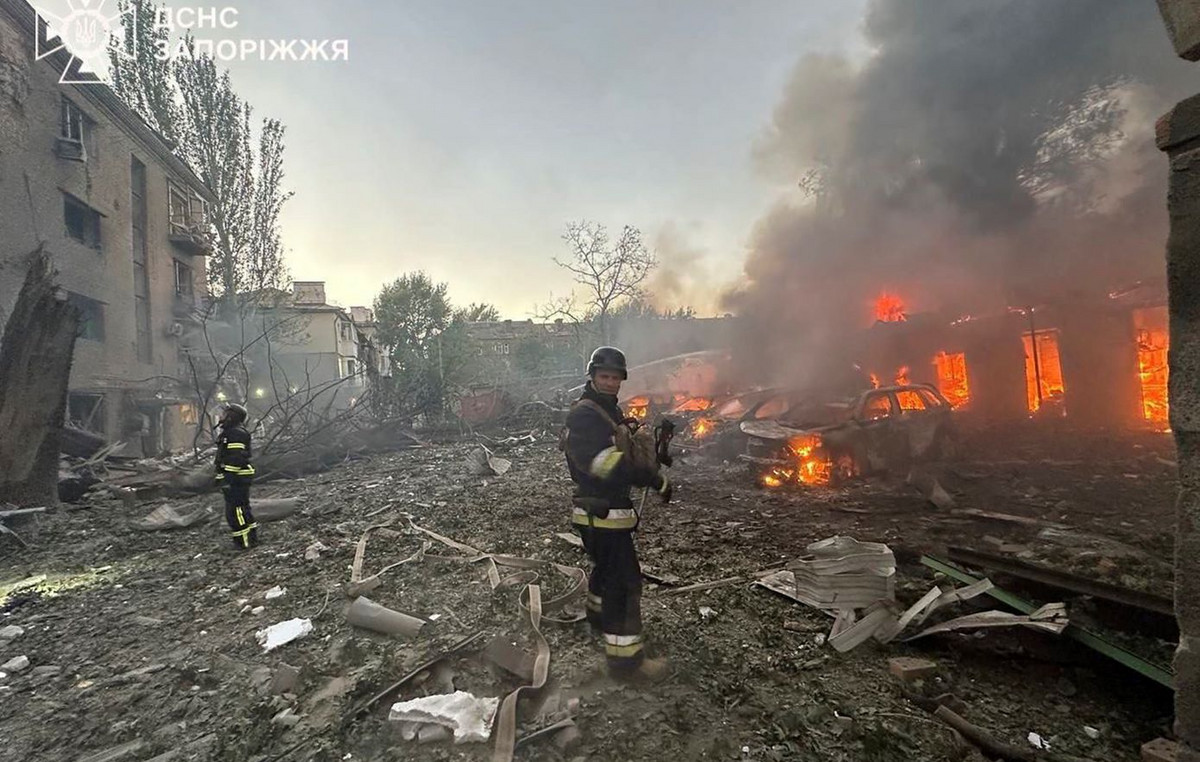Being parents has always been complex. But today, in Italy, it has become an even more heavy task, weighed down by fatigue, uncertainty and a strong sense of solitude. This is confirmed by the data of the research Parents, Realized by the Independent Institute Eumetra in Italy, Germany and the United Kingdom, which explores the daily experience of those who grow children (from 0 to 11 years) in three European countries very different from each other for culture, welfare systems and family policies.
Italian anxieties
The data that affects most is the measure of concern: 79% of Italian parents declare themselves anguished for the future of their children, against 64% of the United Kingdom and 62% of Germany. An anxiety that in Italy mainly affect mothers: 81%, against 75% of fathers.
The main fears? Violence (48%) and youth crime (45%) guide the ranking, even exceeding the worries related to work (35%). A picture that differs from that of other countries, where other factors weigh: in the United Kingdom, for example, it is the health system that generates greater insecurity, while in Germany geopolitical instability are feared.
The birth of a child: joy, but also impoverishment
For two out of three families, the birth of a child also brings a worsening of the economic situation. In Italy 67%of parents declare it, a figure perfectly in line with the United Kingdom (66%) and Germany (64%). But it is the comparison on positive data that tells the Italian difficulty: only 5% of Italian families improve their economic condition after the birth of a child, while in the United Kingdom the percentage rises to 12% and in Germany at 13%.
The balance between revenue and exits also photograph an imbalance: family revenues are down for 24% of Italians, while only 15% see an increase. In Germany, the percentage of families with growing revenues is more than double (34%), in the United Kingdom it stands at 27%.
Tired, anxious parents and with self -esteem in pieces
Among the emotions that European parents unite the love, responsibility and joy, but they are also strongly struggling, anxiety and insecurity. In Italy, 18% of parents say they feel very tireda value similar to that recorded in the United Kingdom. Anxiety affects 16% of Italian parents, a percentage that reaches 18% among the British.
But it is perhaps the data on parental self -esteem that returns the most clear measure of discomfort: Only 47% of Italian parents consider themselves a “good parent”against 64% of the British and 58% of the Germans. A perception that reveals relational fragility, lack of support and sense of inadequacy in one’s educational role.
Penalized mothers
The Italian mothers continue to be the most penalized, in a working context that offers few protections and even less solutions. The part-time is much more widespread among the mothers than the fathers in all the countries considered, but in Italy and Germany the incidence grows with the increase in the age of the children, a sign of A family welfare that rests mainly on the shoulders of women.
Nevertheless, The work remains central for Italian mothers: 87% consider it essential for their realization and 89% to feel the active part of the company.
But reconciling remains difficult: 39% of Italian mothers need the support of grandparents to be able to work, compared to 34% in the UK and 29% in Germany. In Italy, more than elsewhere, the care of the children is still a family deal, entrusted to informal networks more than to public or corporate policies.
“The photograph we made”, explains Matteo Lucchi, CEO of Eumetra “is that of a parenting lived with profound commitment but also with growing effort, especially in Italy. Italian parents, and in particular mothers, face a difficult economic context, poor trust in the system and a strong sense of solitude. A framework that requires structural interventions, effective support policies and a cultural change in the recognition of the value of parenting in contemporary society “.
Source: Vanity Fair
I’m Susan Karen, a professional writer and editor at World Stock Market. I specialize in Entertainment news, writing stories that keep readers informed on all the latest developments in the industry. With over five years of experience in creating engaging content and copywriting for various media outlets, I have grown to become an invaluable asset to any team.





